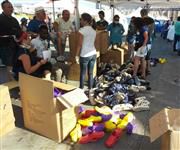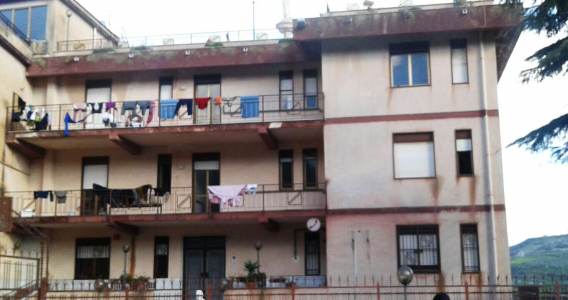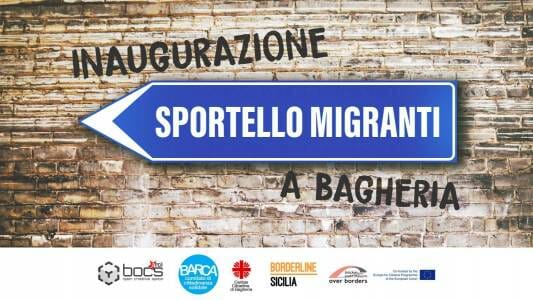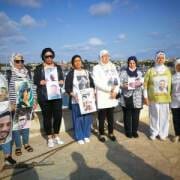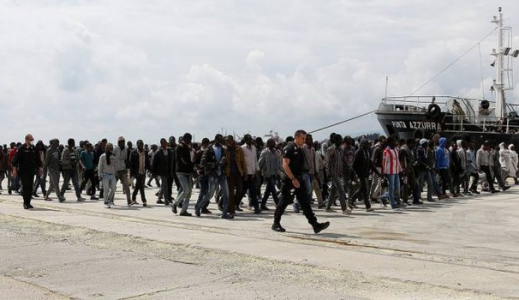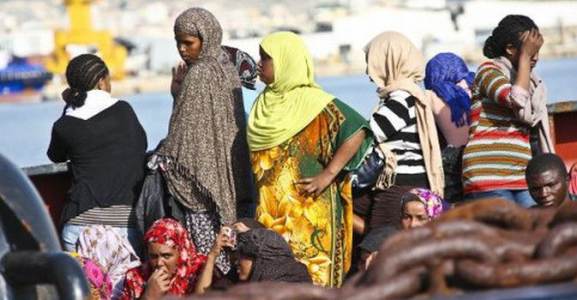Landings and Photo Identification: “Procedures are Overriding Humanitarian Necessity”
The
landings are taking longer and longer, increasing the migrants’
exhaustion and stress, and removing time which could be used for
other rescue operations. Doctors Without Borders noted a problem in
the system, calling for much faster landings.
PALERMO.
– The landings are taking longer and longer, increasing the
migrants’ exhaustion and stress. This is the result of the
photo-identification procedures undertaken in many Italian ports.
Given that the Hotspots are already full, migrants are taken in
groups to the local police station, doubling and even tripling their
time spent waiting on board. The complain has been raised by Doctors
Without Borders. Yesterday 1,020 migrants arrived at 7am on board the
organisation’s Bourbon Argos.
The migrants are all from Subsaharan Africa, and mostly adult men
(161 women and 15 minors). Around 200 spent the night onboard, having
slept in the open air with only a gazebo for shelter, and will have
been identified this morning.
“As
a humanitarian organisation”, Giorgia Girometti from Doctors
Without Borders stated – “we note our grave concern that recently
in
Palermo, as well as other Sicilian cities, the photo-identification
procedures have overridden humanitarian necessities. Because the
Hotspots are full, this drawn-out procedure is being undertaken by
the police station with small groups of 50 migrants at a time. This
has a significant effect on the landing. In the case of Palermo, a
landing of 1,000 migrants now takes a day and a half. This is not the
Prefecture’s fault, but no doubt that of the system itself, one we
cannot agree with, above all because it tires out and puts stress on
migrants who have already been seriously tested during the sea
crossing.”
“In
the case of an overloaded ship – the ordinary capacity of which is
600 people, and is carrying 1,000 – the intervention at the port
should be much quicker, for the migrants’ well-being. There are
people on board our ship who have received first aid” Girometti
continued, “but remain in a fragile physical and psychological
situation. This is why we argue that the landings should be much
quicker. We’re talking about people who cannot even see at the moment
they touch ground, because they are so exhausted. In addition to
this, after hours of waiting they have to try and stay calm and
relaxed. After hours in the ship they have a right to reception and
assistance, a right which should not be blocked by the
photo-identification system. Another worrying aspect is that, for us,
staying at the port for 48 hours means that we need at least another
12 hours to sort out the ship. All of this removes time from other
possible rescue operations we could be making in the Mediterranean.
We therefore want to distance ourselves from an organisation model
which we find unacceptable due to the serious practical consequences
it brings with it.”
Project
“OpenEurope” – Oxfam Italia, Diaconia Valdese, Borderline
Sicilia Onlus
Translation:
Richard Braude

